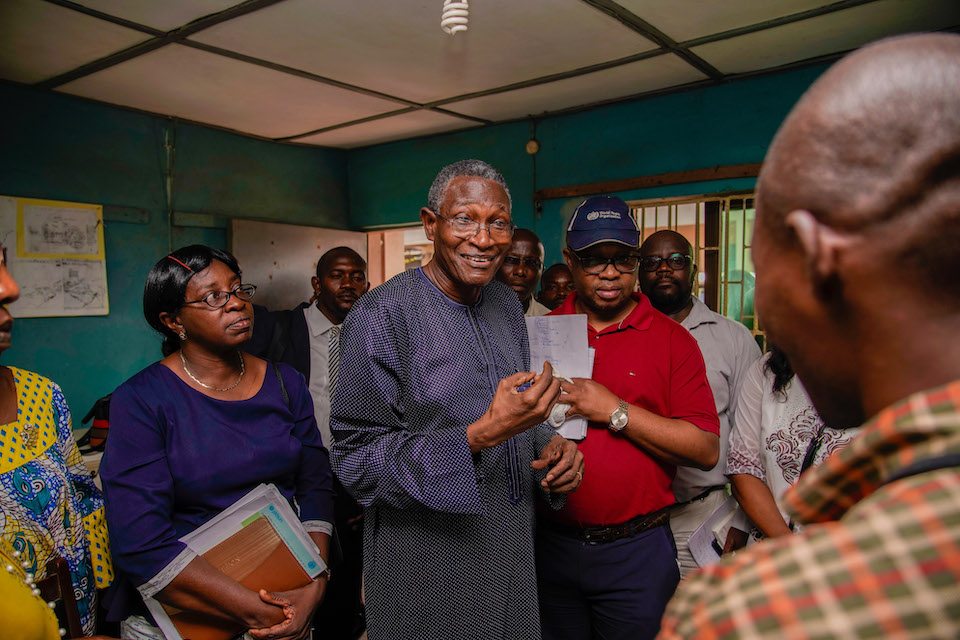In order to certify the African Region as free of wild polio, a formal standardized certification process is followed where all 47 Member States are required to meet strict criteria across polio immunization, disease surveillance and containment. All data collection and polio eradication activities are assessed and verified by National Polio Certification Commissions (NCCs), with certification done at regional level by an independent body called the Africa Regional Certification Commission (ARCC). A region is certified as wild polio free after meeting all the criteria for certification and after three years have passed without detection of any wild poliovirus in any country in the region.
After the 1988 World Health Assembly resolution to eradicate polio worldwide, a formal certification process was established by the Global Commission for the Certification of the Eradication of Poliomyelitis (GCC), with each of the six WHO regions tasked to set up a Regional Certification Commission. In 1998 the WHO Regional Director for Africa appointed a 16-person independent body to oversee this process, and later on containment activities in the African Region, known as the Africa Regional Commission for the Certification of poliomyelitis eradication (ARCC). Each of the 47 countries of the African Region subsequently established a National Polio Certification Committee (NCC), a National Polio Expert Committee (NPEC) and later on a National Task-Force on poliovirus containment (NTF) for containment.
While certification of polio eradication is done at a regional, not national, level, countries can be declared as ‘polio free’. Every year countries without polio-free status submit progress reports to the ARCC, while countries already with polio-free status must still provide annual update reports along with poliovirus containment reports and polio outbreak and preparedness plans. These reports allow the ARCC and its secretariat to monitor the level of progress towards polio eradication for each country and for the African Region.
A country is selected by the ARCC to undergo the certification progress when it has reported no cases of wild poliovirus for three consecutive years in the presence of certification standard surveillance and quality routine immunization. The country is scheduled to appear at the next ARCC meeting and an intensive process of preparation and documentation begins.
This includes a verification visit by an ARCC team to the country, where the documentation is reviewed in detail with the national committees and all aspects of the country’s polio eradication program are observed on the ground. Recommendations are made, and final documentation is sent to the ARCC.

At the scheduled ARCC meeting, countries claiming polio-free status make formal presentations, after which the commission deliberates and announces the result. Countries whose indicators are dropping are also asked to present, with the committee requesting improvements.
The next milestone, which the African Region is aiming towards, is regional certification of wild poliovirus eradication.
A region is only eligible for certification after every country has met the criteria established by the Global Certification Commission:
- three consecutive years has passed without detection of any wild poliovirus in any country in that region from any source, in the presence of high-quality certification-standard surveillance,
- a high standard of routine immunization to maintain population immunity
- country readiness to respond to any poliovirus importation
- the presence of a functional NCC to review, endorse and submit documentation to the ARCC
The world will be eligible for certification following the successful certification of poliomyelitis eradication in all six WHO regions worldwide. The certification process at global level is conducted by the GCC which will certify the world polio free when the global commission is convinced and satisfied by the evidence that wild poliovirus transmission has been successfully interrupted, and that all polioviruses are contained.


